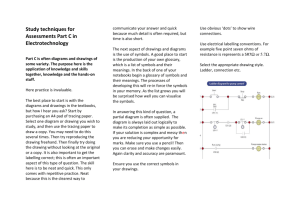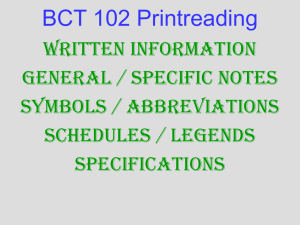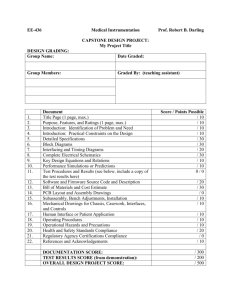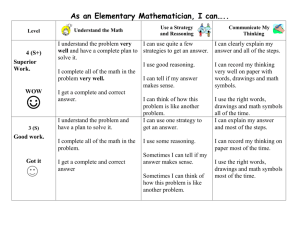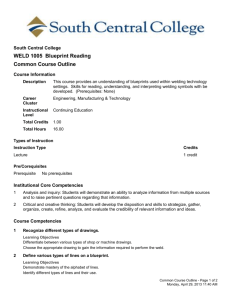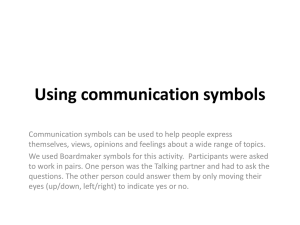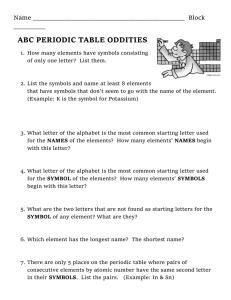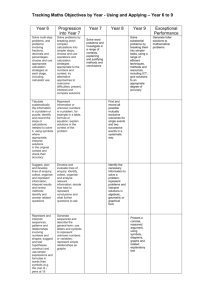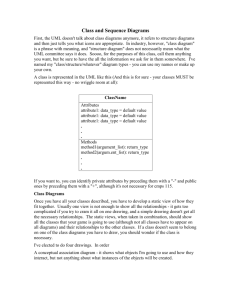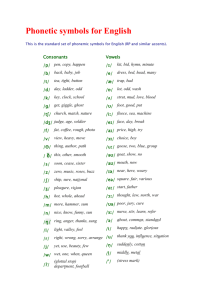Study techniques for Assessments Part C in Electrotechnology
advertisement
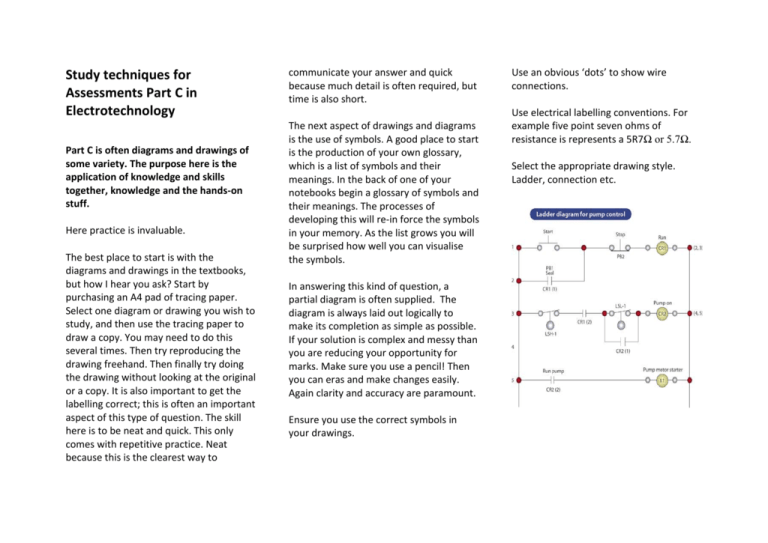
Study techniques for Assessments Part C in Electrotechnology Part C is often diagrams and drawings of some variety. The purpose here is the application of knowledge and skills together, knowledge and the hands-on stuff. Here practice is invaluable. The best place to start is with the diagrams and drawings in the textbooks, but how I hear you ask? Start by purchasing an A4 pad of tracing paper. Select one diagram or drawing you wish to study, and then use the tracing paper to draw a copy. You may need to do this several times. Then try reproducing the drawing freehand. Then finally try doing the drawing without looking at the original or a copy. It is also important to get the labelling correct; this is often an important aspect of this type of question. The skill here is to be neat and quick. This only comes with repetitive practice. Neat because this is the clearest way to communicate your answer and quick because much detail is often required, but time is also short. The next aspect of drawings and diagrams is the use of symbols. A good place to start is the production of your own glossary, which is a list of symbols and their meanings. In the back of one of your notebooks begin a glossary of symbols and their meanings. The processes of developing this will re-in force the symbols in your memory. As the list grows you will be surprised how well you can visualise the symbols. In answering this kind of question, a partial diagram is often supplied. The diagram is always laid out logically to make its completion as simple as possible. If your solution is complex and messy than you are reducing your opportunity for marks. Make sure you use a pencil! Then you can eras and make changes easily. Again clarity and accuracy are paramount. Ensure you use the correct symbols in your drawings. Use an obvious ‘dots’ to show wire connections. Use electrical labelling conventions. For example five point seven ohms of resistance is represents a 5R7Ω or 5.7Ω. Select the appropriate drawing style. Ladder, connection etc.
